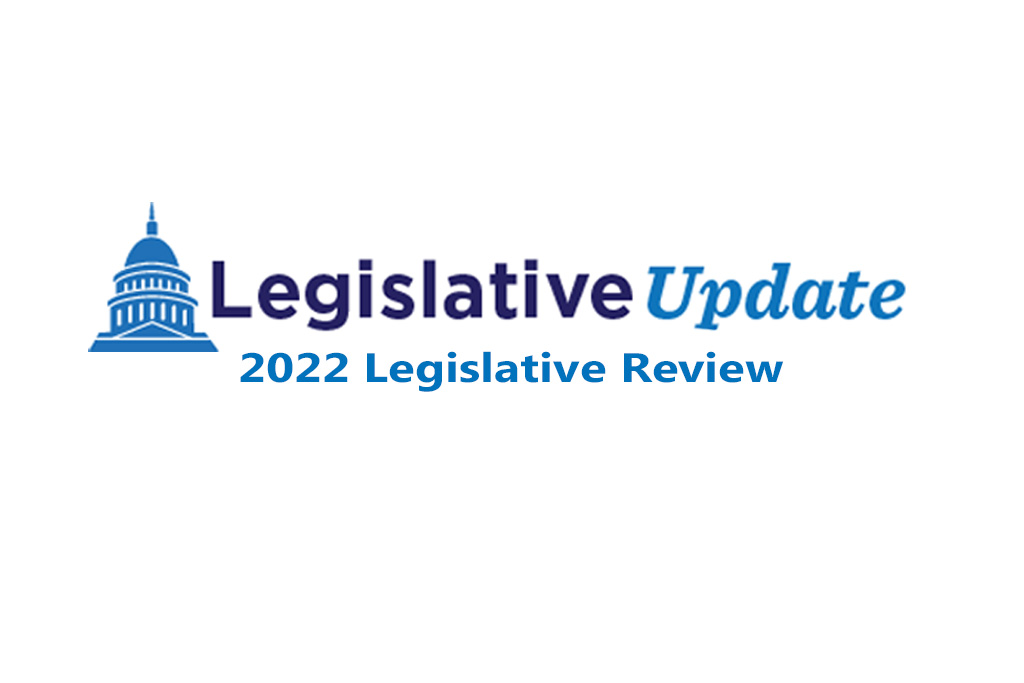Legislation to prohibit sellers and buyers of residential property (excepting auction sales) from requiring a waiver of the opportunity for the buyer to conduct a home inspection has been introduced in the New York State Assembly. The bill upon enactment will provide a buyer the right to secure a home inspection within not less than 10 days from the date of seller’s acceptance of a contract offer.
NYSSPE is supportive of the objectives of this legislation. It is noted that the tight residential housing market has created an environment wherein far too often buyers have been pressured to forgo a home inspection and later faced substantial undisclosed defects which could have been discovered had a proper inspection been undertaken.
While the bill is conceptually sound, the Society will be working with the sponsor to ensure that the legislation properly reflects the scope and nature of services performed by home inspectors, as distinguished from services provided by professional engineers. In short, the Society wants to ensure that the bill is consistent with current state law and regulations which regulate the scope of practice of licensed home inspectors as distinguished from licensed professional engineers.
Additionally, while the bill does contain some penalties for violators, as drafted, NYSSPE is concerned that the penalties may be easily circumvented, and that the evil sought to be addressed may continue unabated. We hope to ensure that all potential loopholes are closed.

